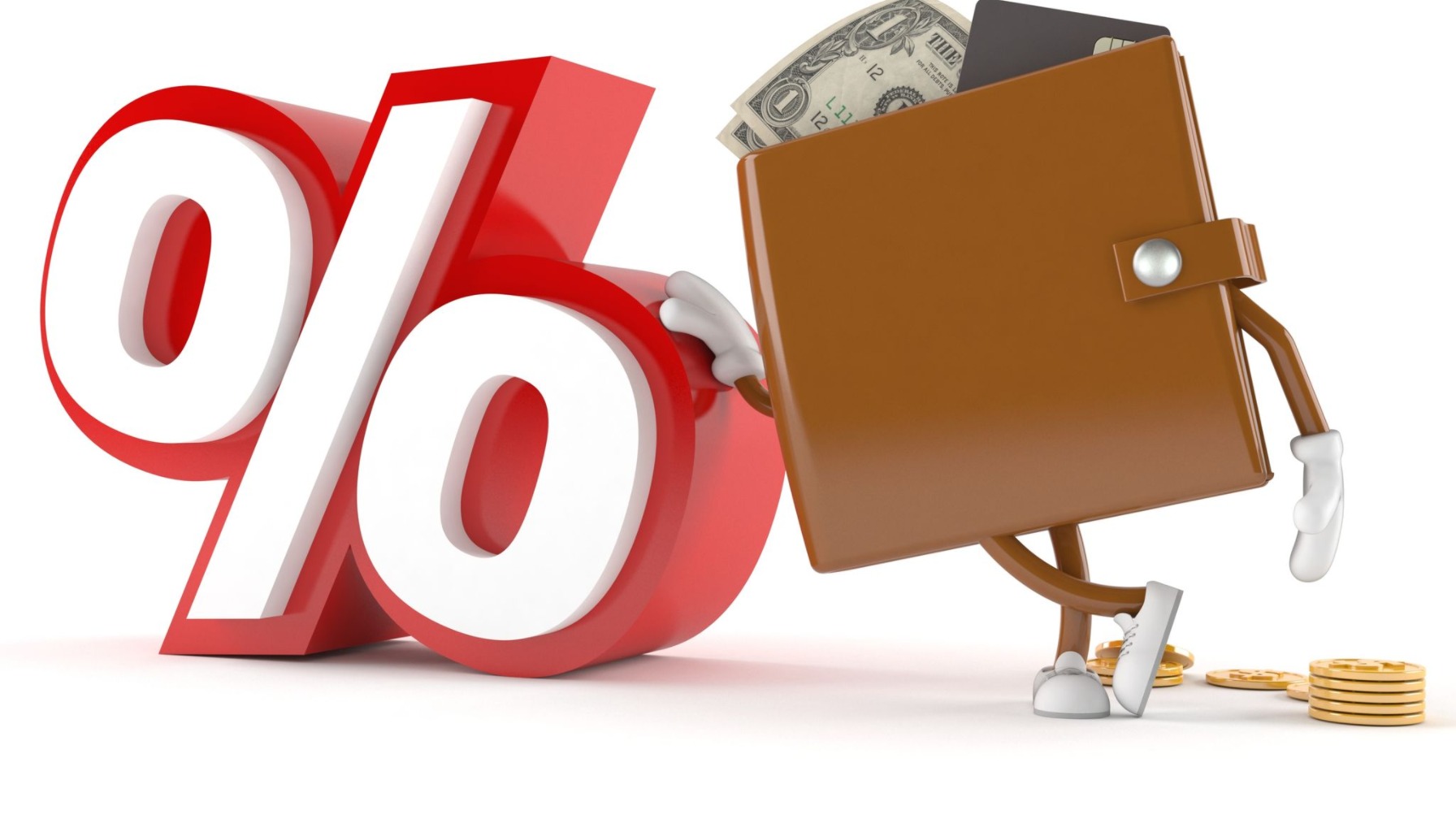T
he Federal Reserve is likely to cut interest rates in September, and this decision will have a significant impact on your everyday life. To understand how this affects you, let's break it down.
The Fed's primary goal is to keep prices stable (control inflation) and unemployment low. With inflation cooling down but concerns about the job market slowing, they're considering cutting interest rates to boost the economy and encourage businesses to hire more people. Think of it like a car: if it's going too fast (high inflation), the Fed taps the brakes by raising interest rates; if it's going too slow (high unemployment), they step on the gas by lowering interest rates.
One immediate effect of an interest rate cut is lower borrowing costs, which can be beneficial for debtors. Credit card holders with variable interest rates may see their APR drop within a couple of billing cycles, saving them money on interest payments. Auto loan borrowers might also enjoy slightly lower interest rates, while mortgage rates could indirectly benefit from the rate cut.
However, savers might not fare as well. Banks typically respond to rate cuts by lowering the interest rates they offer on savings accounts, CDs, and money market funds. If you're serious about saving, shop around for better rates online, as these often outperform traditional brick-and-mortar banks.
The housing market could also receive a small boost from lower mortgage rates, potentially increasing home sales. However, high home prices and limited inventory remain significant challenges in many markets.
Historically, rate cuts tend to be favorable for stock markets, but the impact on individual investments depends on various factors. Keep an eye on bond value, equities, and market sentiment when considering your investment strategy.
The Fed's decision is aimed at supporting economic growth while minimizing the risk of inflation. However, ongoing trade tariffs and rising prices could offset the benefits of lower interest rates. The Fed must balance the risks of slowing growth and rising inflation, making their next move crucial for the economy.
To prepare for the potential rate cut, review your debt, shop around for savings rates, consider your investment strategy, and stay informed about economic news and updates from the Federal Reserve. Remember to consult with a qualified financial advisor before making any major decisions.













